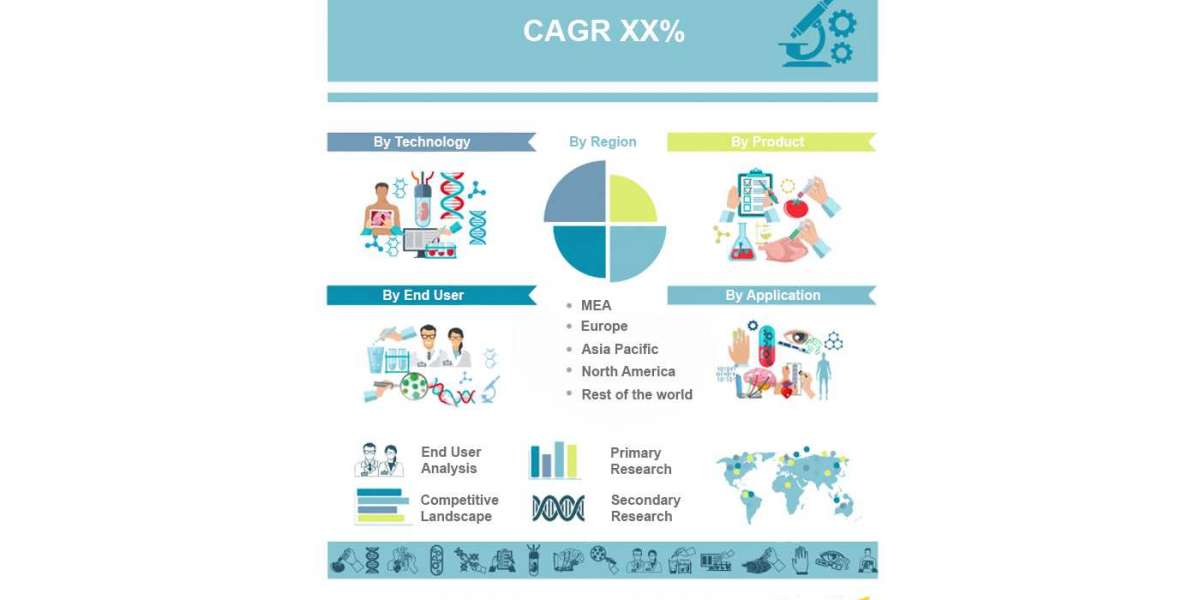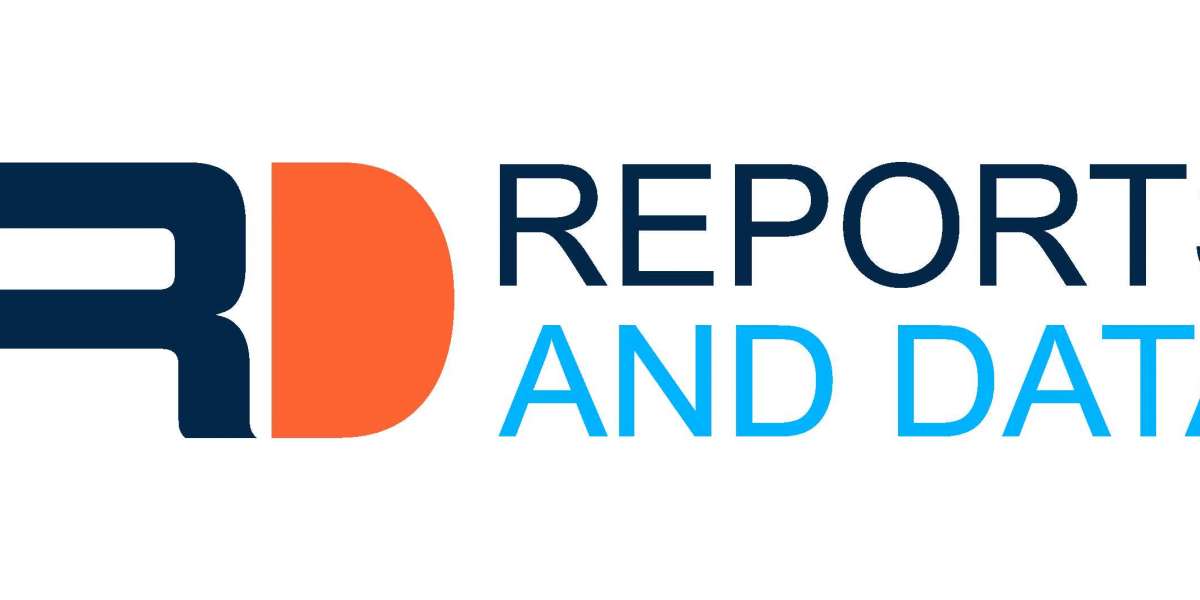The key to circumventing these unnecessary expenses lies in knowing where and how to exchange your money smartly. This comprehensive guide will delve into the most cost-effective currency exchange options, empowering you to make informed decisions that preserve the value of your hard-earned cash.
Understanding the Landscape of Currency Exchange
Currency exchange fees can sneak up in various forms, from flat service charges to hidden markups in exchange rates. Traditional banks, airports, and exchange kiosks are the most common places people turn to for currency exchange, but they're also often the most expensive. These institutions typically offer less competitive rates and may levy additional service fees, significantly diminishing the value of the exchange.
Banks: A Double-Edged Sword
While banks are a go-to for many due to their perceived reliability and convenience, they're not always the most economical choice. Banks often mark up their exchange rates on top of charging service fees. However, not all banks are created equal. Some offer more competitive rates and lower fees for their existing customers, so it's worth checking with your bank to see what they can offer, especially for larger transactions.
Credit Unions: The Hidden Gems
Credit unions are often overlooked but can be a goldmine for cost-effective currency exchange. Known for their member-focused approach, credit unions frequently provide more favorable exchange rates and lower fees compared to commercial banks. If you're a member of a credit union, inquire about their currency exchange services as your first port of call.
Online Exchange Platforms: Digital Convenience
The digital revolution has introduced a slew of online currency exchange platforms that offer competitive rates with minimal or no fees. These platforms operate with lower overhead costs, allowing them to pass the savings onto consumers. Companies like TransferWise (now Wise) and Revolut have gained popularity for their transparent pricing models and real-time exchange rates, making them an attractive option for tech-savvy individuals.
Peer-to-Peer Exchange: Cutting Out the Middleman
Peer-to-peer (P2P) exchange services are an innovative solution that connects individuals looking to exchange currencies directly, bypassing traditional financial institutions. Platforms like CurrencyFair allow users to match with others looking to exchange the opposite currency, often resulting in better rates and lower fees.
Travel Cards: Preloaded and Ready to Go
Preloaded travel cards are a convenient and increasingly popular way to manage money while traveling. These cards allow you to load multiple currencies at competitive exchange rates and use them like a debit card abroad. With options like the Travelex Money Card or bank-offered travel cards, you can lock in rates before you travel and avoid transaction fees on purchases.
ATM Withdrawals Abroad: Local Currency at Local Rates
Withdrawing money from ATMs abroad can be a cost-effective way to get local currency, especially if your bank has international partnerships that allow for fee-free withdrawals. Be mindful of the exchange rates offered by the ATM and any potential foreign transaction fees. Some travel-focused bank accounts offer rebates on ATM fees worldwide, making this an attractive option for frequent travelers.
Avoiding Exchange Pitfalls at Airports and Hotels
Airports and hotels are notoriously the most expensive places to exchange currency due to their convenience and captive audience. The rates offered are often significantly marked up, and the convenience fees can be steep. As a rule of thumb, avoid exchanging large sums of money at these locations. If you must, exchange only what you need to get by until you can find a more favorable rate elsewhere.
Tips for Getting the Best Exchange Deal
Plan Ahead: Don't leave currency exchange to the last minute. Research and compare your options before you need the foreign currency.
Know the Real Rate: Use an online currency converter to find the current interbank rate, so you have a benchmark for comparing offered rates.
Ask for Full Disclosure: Always inquire about the total cost, including any service fees or additional charges.
Consider Multiple Transactions: For large sums, consider making multiple smaller transactions to mitigate the risk of fluctuating rates.
Conclusion
Exchanging currency without succumbing to exorbitant fees requires a blend of preparation, knowledge, and strategy. By exploring alternative options like credit unions, online platforms, P2P services, and travel cards, you can significantly reduce the costs associated with currency exchange. Remember, every dollar saved on fees is a dollar that remains in your pocket. Armed with this insight, you can navigate the world of currency exchange with confidence, ensuring your money goes further, wherever your travels may take you.









